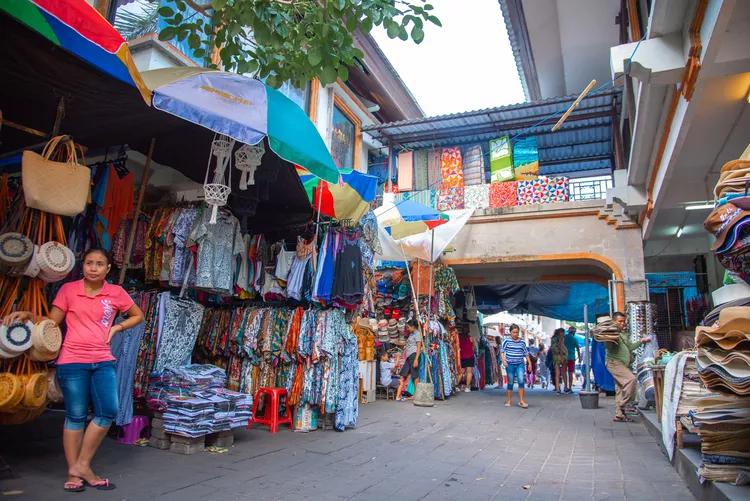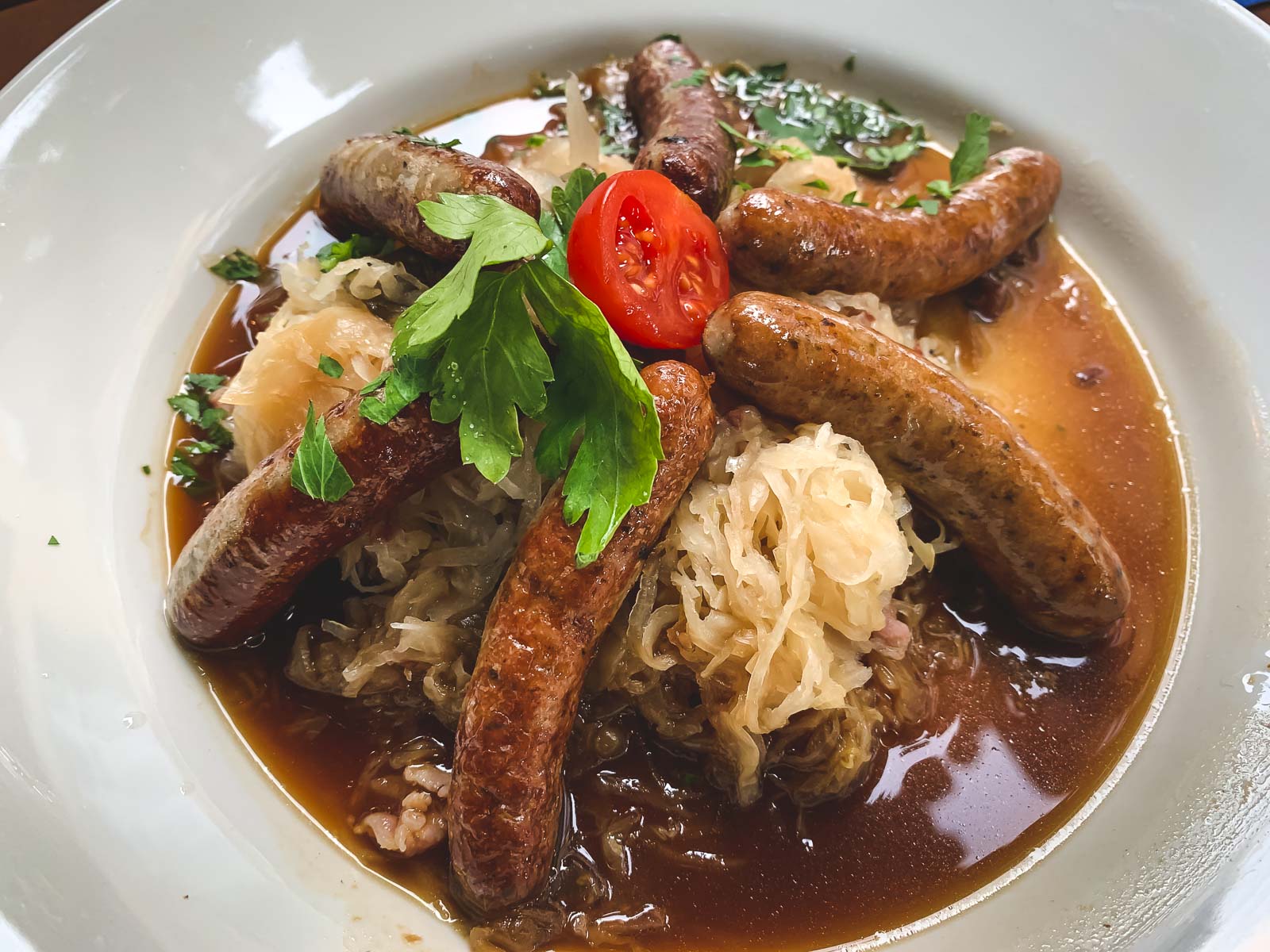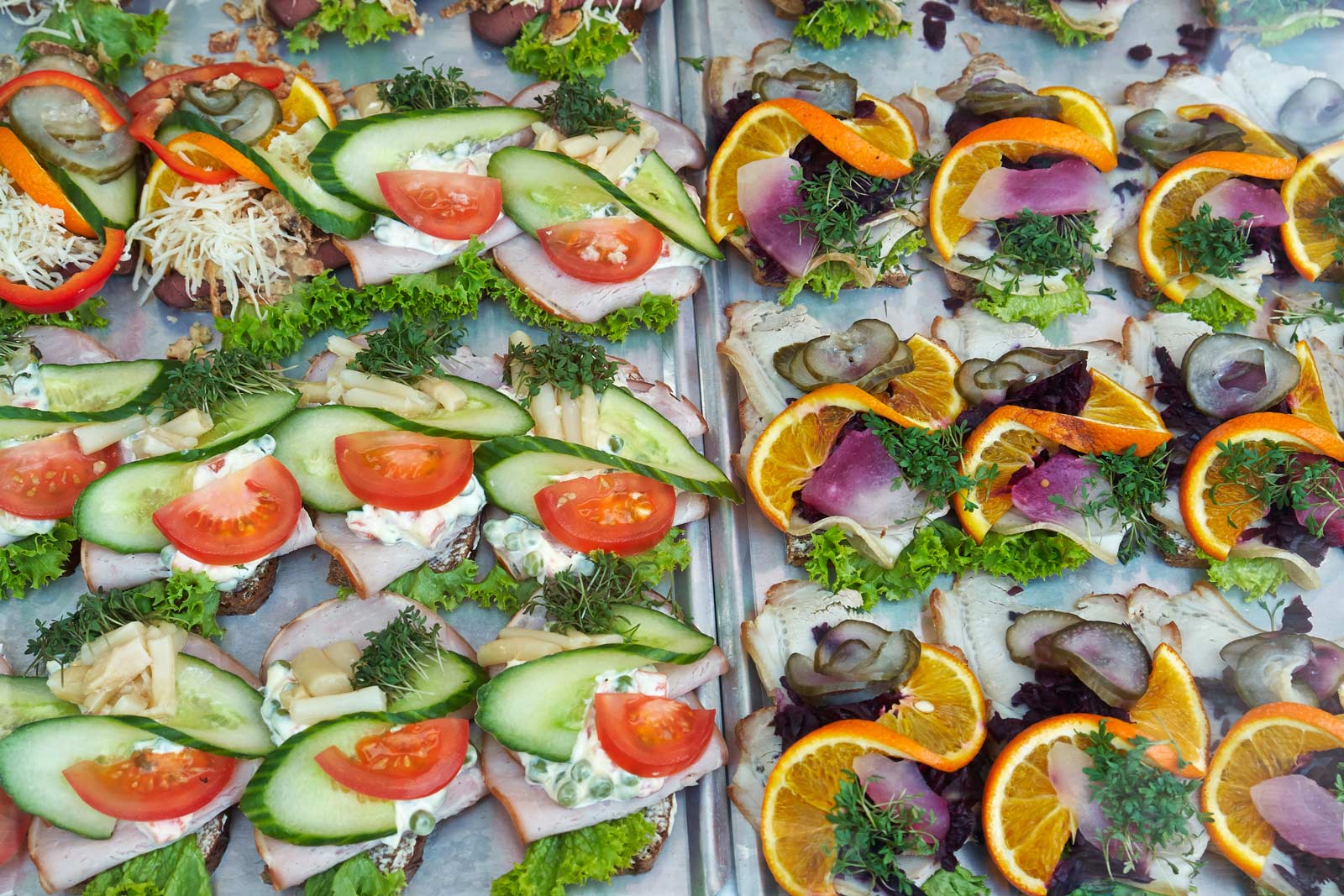Summary
Shopping in Central Bali: A Guide to Ubud and Beyond
The shopping scene in Central Bali, including its main tourist hub of Ubud, is a unique experience compared to South Bali. While South Bali features numerous shopping malls and warehouse outlets, Central Bali possesses a vibrant retail scene shaped by its cultural heritage.
Shopping at Ubud Market (Pasar Ubud)
Generations of Ubud’s nobles have supported Balinese artists and artisans. Traditionally, craftsmen would create their handiwork in their villages and then sell the finished products at Pasar Ubud, located next to the Ubud royal palace.
Due to the short distance from workshop to market and the absence of middlemen, prices are relatively low at Pasar Ubud. Visitors can easily enter Pasar Ubud from various entrances along Jalan Raya Ubud and browse through two levels of shops selling clothes, paintings, perfumes, incense, leatherwork, and unique souvenirs.
Only part of Pasar Ubud is properly called the “art market,” which is the western section, open from 8 AM to 6 PM. The eastern section caters to locals with everyday necessities like meats and vegetables, providing a glimpse into traditional market operations.
The merchandise available is diverse. The art market showcases a variety of art with traditional and religious themes, from Buddha heads to topeng masks and Wisnu and Garuda statues. Additionally, hand-painted kites, colorful sarongs, and intricately patterned batiks are available for purchase, along with home décor items such as incense, ceramics, wall hangings, and carved picture frames.
The second floor can feel cramped, with narrow aisles and merchandise piled high. However, stores on the upper level may be more open to negotiation. Bargaining is an essential part of the shopping experience, with seasoned shoppers usually starting at about 50 percent of the quoted price. Early morning visits (by 8 AM) are advisable to avoid the crowds and ensure the best deals.
Boutiques Along Jalan Monkey Forest
After visiting Pasar Ubud, take a stroll down Jalan Raya Ubud until you reach Jalan Monkey Forest. This road runs downhill towards the Ubud Sacred Monkey Forest, flanked by boutiques, shops, and cafés.
Weather permitting, browsing the shops along Jalan Monkey Forest can be enjoyable, as many feature large glass displays for easy window shopping. The artsy merchandise promotes a guilt-free retail therapy experience.
The shopping atmosphere here is quieter and more relaxed compared to bustling retail spots in Kuta or other areas of South Bali. However, tourists should remain mindful of navigating narrow footpaths as motorcycles may speed by.
Various connecting streets like Jalan Dewi Sita and Jalan Hanoman offer additional boutiques and cafes, often at more competitive prices, making them great for bargain hunters.
Art Galleries in Ubud
If you’re seeking fine art alongside the offerings at Ubud Art Market and Jalan Monkey Forest, Ubud has much to offer. Known for its artistic culture, Ubud presents numerous art galleries where visitors can buy paintings, reproductions, and art books.
Craftsmen’s Villages in Central Bali
The Gianyar regency is renowned for its craftsmen who produce high-quality work for Bali’s markets. By visiting their villages, shoppers can directly support local artisans and bypass middlemen.
- Around Tegallalang, explore wood sculpture offered at wholesale prices, as the area is famous for skilled wood carvers.
- Batubulan specializes in stone sculpture, carved from volcanic rock abundant in the region.
- Celuk is known for gold and silver jewelry, with many workshops conveniently located along the main road.
- Bamboo crafts are prominent in Belega and Bona, where workshops produce furniture and musical instruments from this versatile material.
Local craftsmen can create custom orders, so visitors are encouraged to bring their ideas and necessary funds. Renting a car is advisable for reaching these artisan villages.




